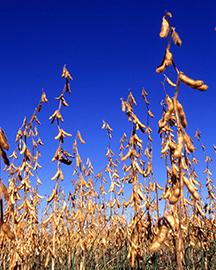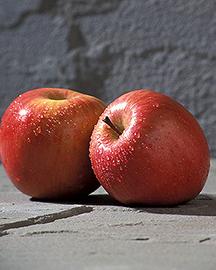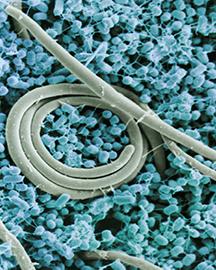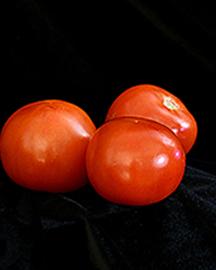Turning Poison Ivy’s Misery-Causing Compounds Against Itself
Annually, there are about 50 million reported cases of poison ivy dermatitis—the name given to the skin rashes, blisters, and incessant itching that follow exposure to the loathsome plant’s oil and, more specifically, the compound urushiol. Urushiol is also found in the oils of poison oak and sumac. Various lotions and other treatments are available to alleviate the symptoms of these allergic skin reactions. However, aside from wearing protective clothing and taking other precautions, there are no pills, allergy shots, vaccines, or other effective products that outdoor enthusiasts or laborers can take to preempt a reaction to poison ivy’s urushiol-laced oils.
Relief may be on the horizon, though. With support from ARS and its Natural Products Utilization Research Unit in Oxford, MS, along with the University of Mississippi and ElSohly Laboratories, Inc., scientists have developed and are testing a derivative of urushiol that could help desensitize the skin of susceptible individuals. The new treatment has received “Investigational New Drug” status by the U.S. Food and Drug Administration. Phase-1 clinical trials are planned to further evaluate the derivative’s effectiveness and safety as an immunotherapy treatment that could be administered similar to an allergy shot.
(Poison ivy photo courtesy of Carla Burke, Pixabay)








